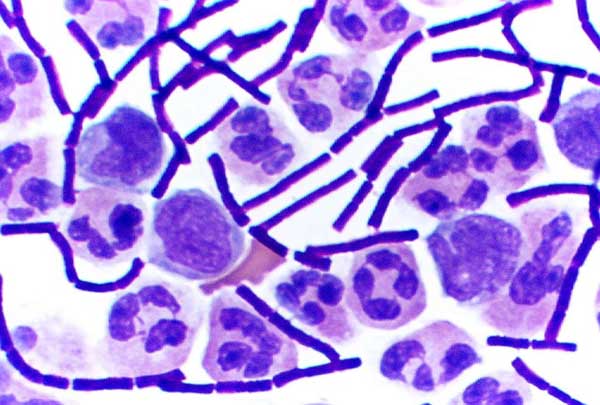 News yesterday regarding the creation of a new synthetic–but living–organism managed to cause the very expected stir of controversies in all the right locales. Even more surprising, perhaps, were the responses from various institutions such as the Catholic Church, who instead of decrying the scientific milestone outright with what might have been a rather expected “playing God” argument, merely warned that the potentials for this innovation should not become corrupted. A variety of other enlightening commentary regarding the actual creation of this new self-replicating synthetic life can be found here and here.
News yesterday regarding the creation of a new synthetic–but living–organism managed to cause the very expected stir of controversies in all the right locales. Even more surprising, perhaps, were the responses from various institutions such as the Catholic Church, who instead of decrying the scientific milestone outright with what might have been a rather expected “playing God” argument, merely warned that the potentials for this innovation should not become corrupted. A variety of other enlightening commentary regarding the actual creation of this new self-replicating synthetic life can be found here and here.
But what are the ethical concerns regarding this exciting–and potentially frightening discovery? As humanity rides the crest of a great (and quickly growing) wave toward the regular implementation of human genome manipulation, DNA re-structuring, and now the engineering of synthetic life forms, one must consider whether we, as a species, are ready to head down the road toward meeting variations of life as we know it, and even variations of human beings. How might future differentials in Earth species, resulting from manipulation through technology, affect us?
One immediate concern, though some might warn we’re getting ahead of ourselves by even stating such, is how a future of genetically modified individuals might create certain inequalities among the populace. Granted, uni-cellular synth in question is still a few million years away from evolving into a sentient being (or perhaps only a few decades, depending on the kinds of manipulations that might occur in the lab). No less, Eric Hoffman of Friends of the Earth recently told Reuters, “We must ensure that strong regulations are in place to protect the environment and human health from this potentially dangerous new technology,” with others warning that scientists may not yet know enough about life to attempt creating it.
Politically, the notion of any kind of engineering that might result in benefits granted to certain groups of the population in the stead of others might present inequalities. Invoking hints of a Vonneguttian (or even Huxlean) philosophy, we might speculate that a new class system could emerge in the US and other parts of the world, based on the results of engineering that spiraled toward certain portions of the population with varying degrees of immunity to common diseases, as well as other aptitudes that grant them physical prowess beyond the capabilities of others. In such a hypothetical future, monetary inequalities among citizens might be the least of our concerns: after all, how do you address social problems where only certain portions of an otherwise healthy population are ridden with cumbersome dispositions such as disease, old age, or other things which affect most everyone today?
Indeed, the spirit of innovation is alive and well, and as long as the inherent goodness of those involved in such research is able to act as a regulator, mankind’s future won’t be at any great risk. However, knowing how corruptible the inherent goodness of man as a species is, can we rest easy hoping that the same pretense will always remain among those in the scientific fields involved?



http://www.markbourne.com/beinghuman.htm